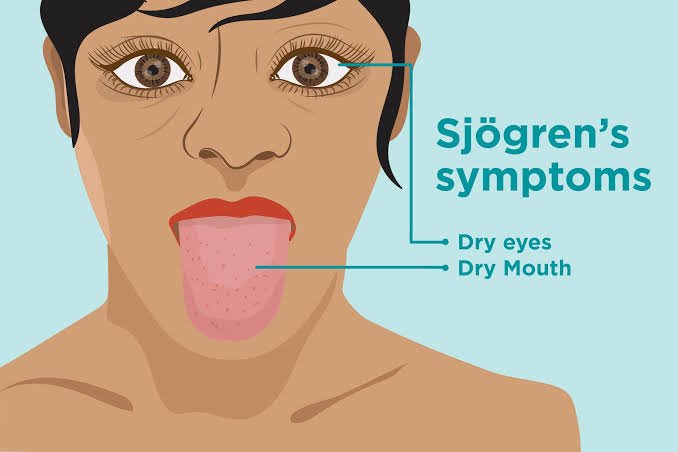Alzheimer’s Disease is a neurodegenerative disorder that affects millions of people worldwide. It is a progressive condition that primarily affects the brain, leading to memory loss, cognitive decline, and changes in behavior. In this article, we aim to raise awareness about Alzheimer’s Disease by discussing its symptoms, diagnosis, and caregiving tips.
Symptoms of Alzheimer’s Disease
Recognizing the early signs of Alzheimer’s Disease is crucial for early intervention and management. Some common symptoms include:
- Memory loss, especially recent events or important information
- Difficulty in problem-solving or planning
- Confusion about time or place
- Changes in mood or personality
- Trouble with language, such as finding the right words or understanding speech
- Withdrawal from social activities or work
If you or a loved one experience any of these symptoms, it is important to consult a healthcare professional for a proper diagnosis.
Diagnosis of Alzheimer’s Disease
Diagnosing Alzheimer’s Disease involves a comprehensive evaluation of a person’s medical history, cognitive tests, and physical examinations. Additionally, brain imaging techniques, such as MRI or PET scans, may be used to assess the brain’s structure and function.
It is important to note that there is no single test to definitively diagnose Alzheimer’s Disease. The diagnosis is often made based on the exclusion of other possible causes of cognitive decline and the presence of characteristic symptoms.
Caregiving Tips for Alzheimer’s Disease
Caring for someone with Alzheimer’s Disease can be challenging, both emotionally and physically. Here are some tips to support caregivers:
- Establish a routine: Maintaining a consistent schedule helps provide structure and familiarity for individuals with Alzheimer’s Disease.
- Communicate effectively: Use simple and clear language, and be patient when communicating with someone with Alzheimer’s. Non-verbal cues, such as gestures and facial expressions, can also aid communication.
- Ensure safety: Make necessary modifications to the living environment to reduce potential hazards. This may include installing handrails, removing tripping hazards, and securing medications.
- Engage in stimulating activities: Encourage participation in activities that promote mental and physical stimulation, such as puzzles, music, or gentle exercise.
- Seek support: Caregiving can be overwhelming, so it is important to reach out for support. Joining support groups or seeking professional help can provide valuable guidance and emotional support.
Remember, caring for someone with Alzheimer’s Disease requires patience, empathy, and understanding. It is essential to prioritize self-care and seek help when needed.
Conclusion
Alzheimer’s Disease is a complex and challenging condition that affects individuals and their families. By raising awareness about the symptoms, diagnosis, and caregiving tips, we hope to support those affected by Alzheimer’s and promote a better understanding of the disease.
If you or someone you know is experiencing symptoms of Alzheimer’s Disease, it is crucial to seek medical advice for proper evaluation and support. Together, we can make a difference in the lives of those affected by this neurodegenerative disorder.




